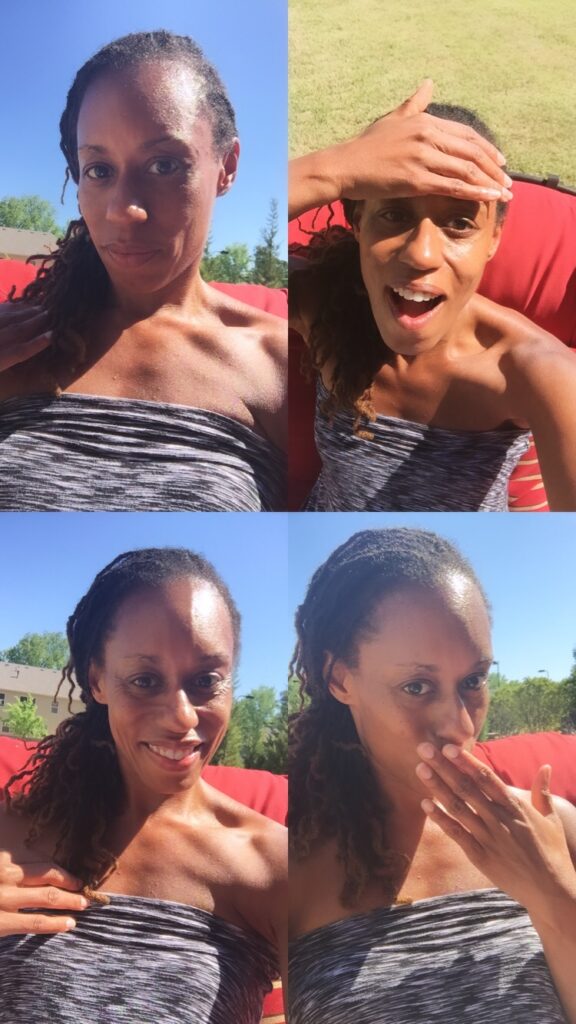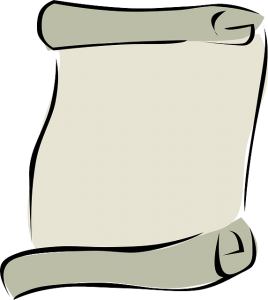I first heard this question, posed in this particular way, in 2013. I was attending a Black women’s wellness conference I’d help to program, and keynote speaker Akilah Richards, invited us to ponder this.
The “but” is intentional. You may be busy, accomplished, getting shit done, but how do you want to FEEL?

The question struck me quite deeply at the time. I was busy, accomplished, getting shit done, but wasn’t feeling great, and hadn’t been for awhile by then. I know now that part of the issue was likely anemia. But the other part was change. Everything about my life and surroundings was different, and I no longer felt like myself.
That question pushed me to think differently about my life and my approach to it.
I’m coming back to this question now as I’m in the middle of reviewing and revising goals. Specifically I’ve been wanting to engineer my days so they are more fulfilling.
In recent years I’ve focused on what I want to do, or accomplish, but I’m realizing I’ve neglected to focus on how I want to feel.
I’ve started jotting a list of the ways I want to feel. So far I have:
- Energized
- In flow
- Happy
- Proud
- Relaxed
- Day dreamy
- Smart
- FREE
I plan to add and subtract and play with this list for a few days, and once it feels right, I’ll brainstorm things I can do (or am already doing!) to feel them more often. I think this will help me find or better use small pockets of time and prioritize certain tasks in more meaningful ways.
What about you? How do you want to feel?

 Reading it makes me wonder how much wisdom gets lost because women don’t share their most intimate thoughts? Either aloud or in writing? Many of us live our lives, and simply figure out the hard shit as we go along.
Reading it makes me wonder how much wisdom gets lost because women don’t share their most intimate thoughts? Either aloud or in writing? Many of us live our lives, and simply figure out the hard shit as we go along.